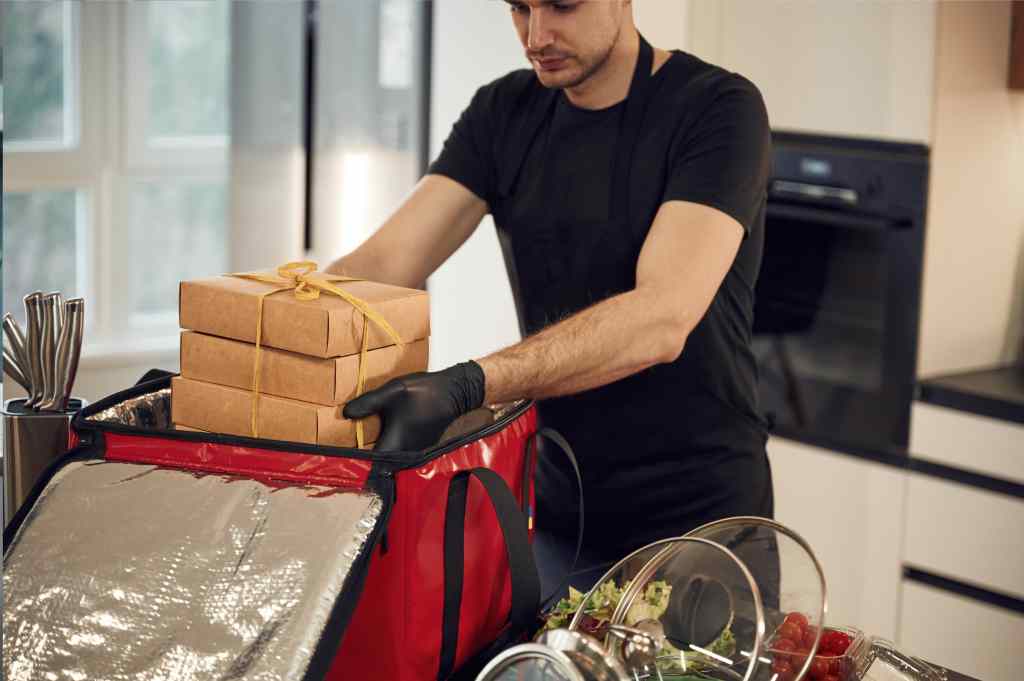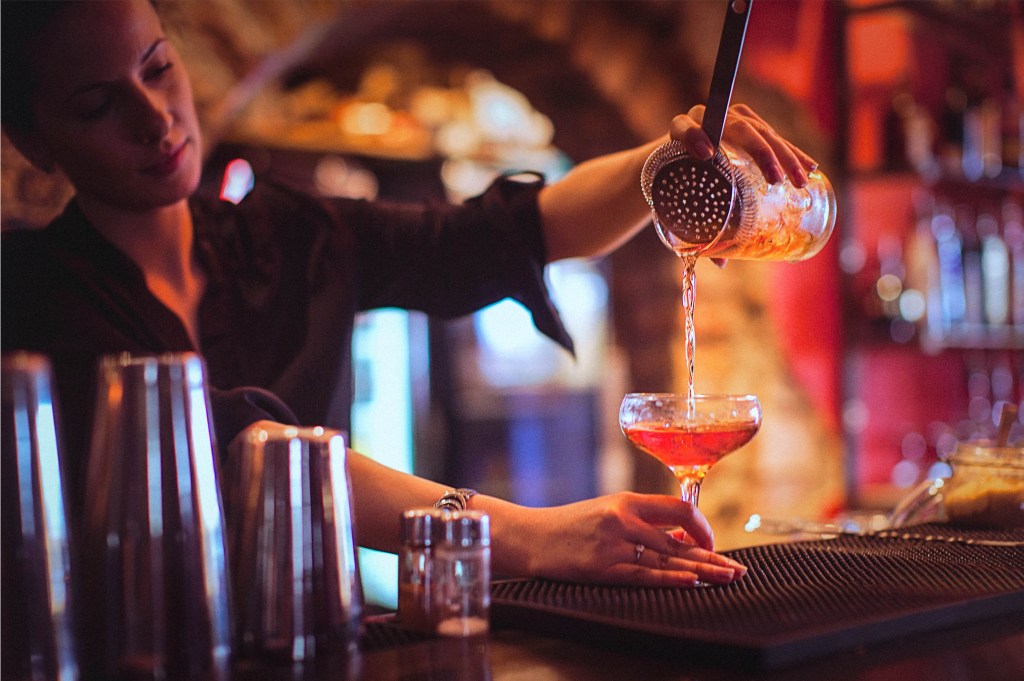In an ongoing interview series, the leaders of NielsenIQ’s global field teams provide insights and observations on what they’re witnessing as they conduct their store audit work under the difficult conditions the COVID-19 outbreak has created.
Katherine Kim is Data Acquisition Delivery Leader in South Korea
Katherine Kim and her team of 60 retail auditors had never had to deal with anything like the COVID-19 outbreak. Of course, no one had, and the sheer scale of it was daunting. South Korea’s first case was diagnosed in late January. Since then, almost 8,000 cases have been reported and over 200,000 people tested.
“We had never seen anything like this before. We were worried one of our people could be impacted directly by becoming infected,” said Kim. “Koreans are very committed to their jobs. So even though I told them that if they felt any risk they should skip the stores, no one did.”
Some of Kim’s observations:
- Consumers are making significantly fewer visits to large supermarkets and hypermarkets. Instead, consumers are choosing to travel the shortest distance possible and associating with as few people as possible. As a consequence, many consumers prefer neighborhood stores.
- Shopping is commonly a family affair in Korea, but in the current circumstances, only one adult member of the household tends to do the shopping to minimize the risk of exposure to the entire family.
- People are still stocking up on shelf-stable essentials such as instant noodles.
- There is little need for price promotions at the moment because people are not price sensitive to the most in-demand products. They’re also unwilling to spend on nonessentials.
- Home delivery of meals continues to be popular, but some consumers are concerned that there are still risks associated with food delivered from restaurants.
- There is little panic. Government transparency, widespread testing, and strong messaging of the facts has prevented widespread concern and ongoing panic buying.



